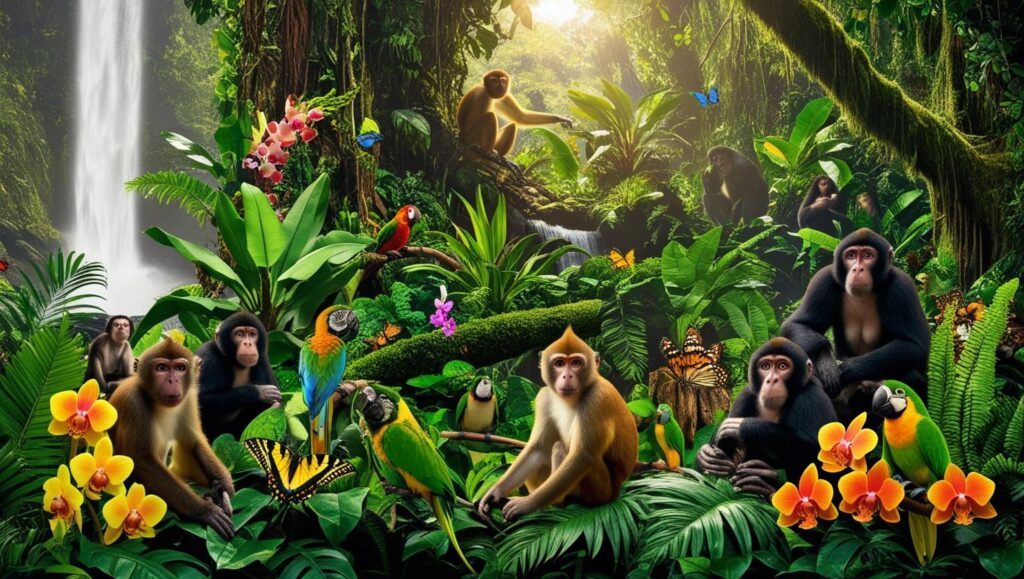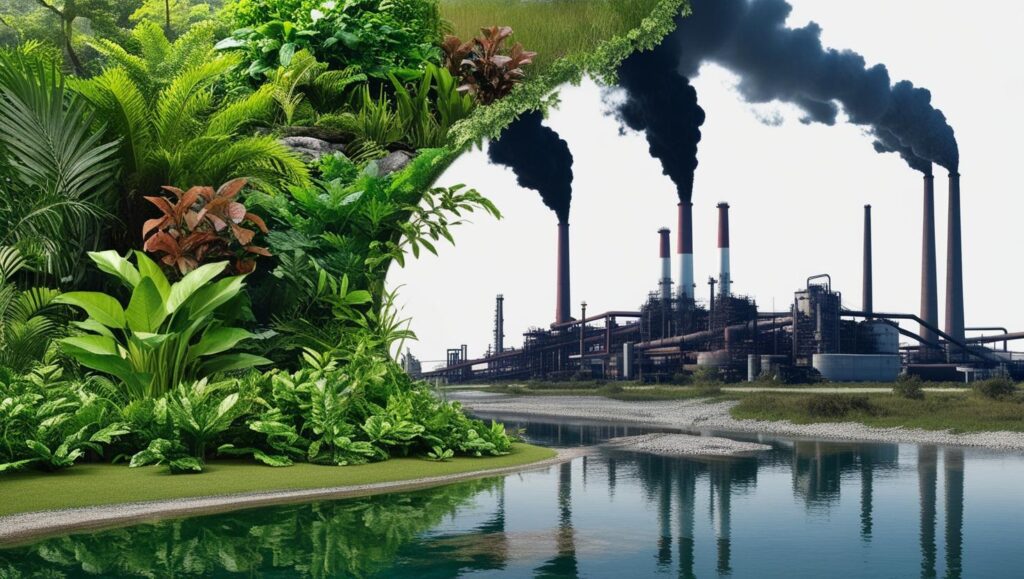Ecology is the scientific study of interactions between living organisms and their environment. It plays a crucial role in understanding biodiversity, ecosystems, and the impact of human activities on nature. As the world faces climate change, deforestation, and pollution, ecology provides essential insights into preserving the delicate balance of life on Earth.
The Basics of Ecology
Ecology examines how organisms interact with their surroundings, including both biotic (living) and abiotic (non-living) components. These interactions shape ecosystems, influencing everything from food chains to climate regulation. Scientists study ecology at different levels, including individual organisms, populations, communities, ecosystems, and the biosphere.
Key Ecological Concepts
- Ecosystems: Complex networks of organisms interacting with their environment, such as forests, oceans, and grasslands.
- Biodiversity: The variety of life within an ecosystem, essential for resilience and stability.
- Energy Flow: The transfer of energy from the sun to plants, herbivores, carnivores, and decomposers.
- Nutrient Cycles: Processes like the carbon and nitrogen cycles that sustain life by recycling essential elements.

Human Impact on Ecology
Modern human activities have significantly altered ecosystems worldwide. Urbanization, industrialization, and deforestation contribute to habitat loss, species extinction, and climate change. Understanding ecological principles can help mitigate these effects and promote sustainable solutions.
Major Environmental Issues
- Climate Change: Rising global temperatures affect weather patterns, sea levels, and ecosystems.
- Deforestation: The destruction of forests reduces biodiversity and disrupts carbon storage.
- Pollution: Air, water, and soil pollution harm organisms and disrupt ecosystems.
- Overfishing & Agriculture: Unsustainable practices threaten marine and terrestrial food chains.

The Role of Conservation and Sustainable Practices
Ecology provides solutions for restoring and protecting the environment. Conservation efforts focus on preserving biodiversity, while sustainable practices ensure the responsible use of natural resources.
Strategies for Ecological Balance
- Protected Areas: National parks and wildlife reserves help conserve species and habitats.
- Renewable Energy: Solar, wind, and hydroelectric power reduce dependence on fossil fuels.
- Eco-friendly Agriculture: Organic farming and regenerative practices enhance soil health and biodiversity.
- Reforestation & Habitat Restoration: Planting trees and restoring wetlands help maintain ecological stability.

Why Ecology Matters
Ecology is not just about studying nature—it is about protecting the future. By understanding ecological principles, individuals and governments can make informed decisions to reduce environmental harm and foster a more sustainable world. As challenges like climate change and biodiversity loss grow, ecological knowledge is more crucial than ever for ensuring a healthy planet for future generations.